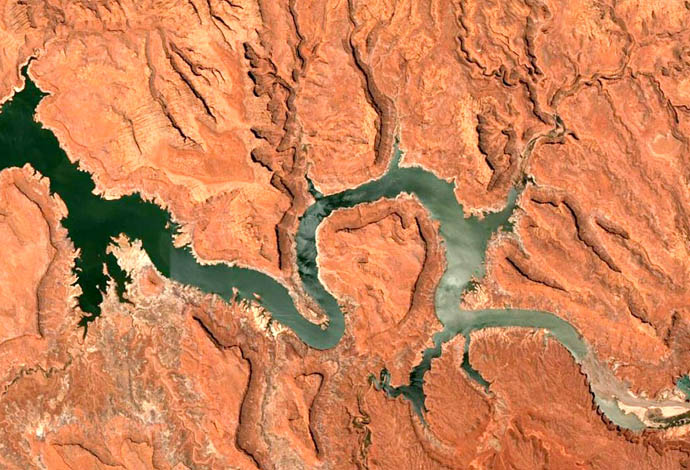Research Highlight |
|
|
Analyzing Expressed Stakeholders Needs
|
Plans for a Climate Service and an ongoing national assessment capacity have emerged against a backdrop of over a decade of work within and outside the Regional Integrated Sciences and Assessments (RISA) network, including non-governmental organizations, governments, businesses, and the like who are interested in effectively responding to climate change and variability. In the Western Water Assessment (WWA) geographic region, we have been working for several years with stakeholders from a wide variety of interests to help them manage water and other resources more effectively in the tightly constrained region of the Upper Colorado Basin. This study is an attempt to systematically examine stakeholder needs for climate information through previous documentation in order to not ‘reinvent the wheel’ and to prevent stakeholder fatigue. Our examination of stakeholder needs has been undertaken by developing a comprehensive list of documents where stakeholders have expressed desired climate information for their respective sectors. This comprehensive list was developed through web-based searches and querying our network of key informants and collaborators within academia and the public and private sectors. Documents were ultimately selected if they identified any type of stakeholder need in regards to climate information and were within the WWA geographic scope. Regional and nationally focused documents were included if they specifically mentioned the WWA region. Fifty-five documents were selected and coded using Microsoft Access, then analyzed using NVivo Software. About half of the documents were from the water sector, with the others being from the recreation/tourism, agriculture, natural resources/wildlife, Tribal, and multiple sectors. Some of the main findings include monitoring needs such as additional USGS stream gages and NRCS SNOTEL snowpack sites, better communication and collaboration between scientists/researchers and the stakeholders themselves, and a ‘clearinghouse’ or ‘portal’ where stakeholders could easily obtain climate related information. Ultimately, analysis of these documents suggests that stakeholders in the WWA region have the capacity to use climate information. This capacity was especially prevalent in Colorado, with fewer documents and needs coming from Utah and Wyoming. It also seems that current management and research are addressing the appropriate issues, but could be better coordinated and communicated to improve decision-making. Additional climate and hydrologic monitoring and modeling would better assist managers and planners, but only if the data is available and in a useful form. The water sector articulated the most needs, but other sectors are engaged as well and interested in successfully adapting to climate variability and change. John Berggren, john.berggren@colorado.edu |


